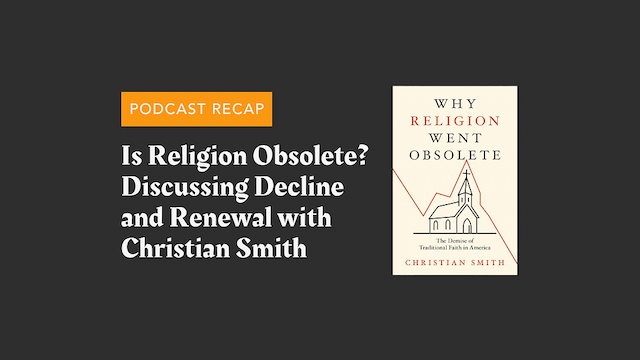Podcast – Villains of the Bible: Haman

Historical Background
Haman is a character in the Book of Esther during the Babylonian Exile. Esther serves as the background of the book of Nehemiah and Ezra. King Darius (from Daniel and the Lion’s Den) had a son named Xerxes, and this is the king who ruled during the time of Haman. Xerxes had just been defeated in a major battle and returned to Babylon.
As Esther is selected to be the new queen, we meet Haman the Agagite (Esther 3). Agag is the name of a couple of Amalekite kings in 1 Samuel 15. In 1 Samuel, God commanded Saul to destroy the Amalekites, but he does not fully destroy them and lets a few kings live. After this, God rejected Saul from being king and anointed David.
The Story
Upon seeing Esther’s uncle, Mordecai, not bow before him, Haman decides to exterminate all the Jews in Persia. After convincing the king to exterminate an unnamed people group, Haman builds seventy-foot-tall gallows near his own house (Esther 3).
Using the king’s seal, Haman sends out written announcements throughout all the countries of Persia (in many different languages), setting a date (around a year out) that permitted Persians to kill Jews. Upon hearing this, Mordecai sits and mourns in sackcloth and ashes.
That’s when Haman approaches the king to get permission to kill Mordecai. At this very moment, the king realizes that he had never formally thanked Mordecai for saving his life. He gets Haman’s input (with very grand and extravagant descriptions) and tells Haman to do those things to Mordecai the Jew. This is probably one of the more humorous scenes in the Bible!
In the end, through the wisdom of Queen Esther, Haman is hanged on his own gallows, and the Jews are permitted to defend themselves from being annihilated. To this day, the Jews celebrate this great rescue on the feast of Purim.
Why A Villian?
Haman could be called a “super villain” due to his desire to wipe out all the Jews. Haman’s undoing is his own pride and sin. The enemies of God are often not just defeated but embarrassed. Ultimately, the wicked will see the victory of the righteous.
Even though we don’t see God’s name in Esther, we see him working through people. God was orchestrating this story despite the power that Haman seemed to have - a great display of the providence of God.
Brittany Proffitt lives in Dallas and is a writer and content manager for So We Speak.











